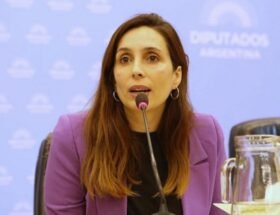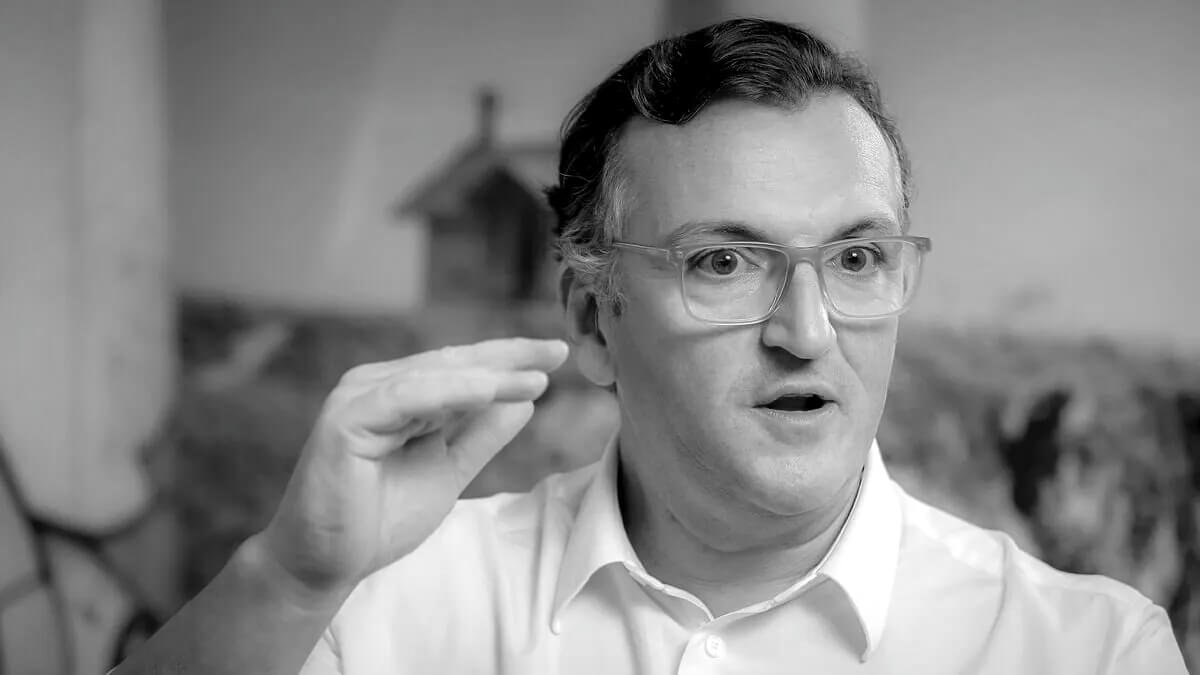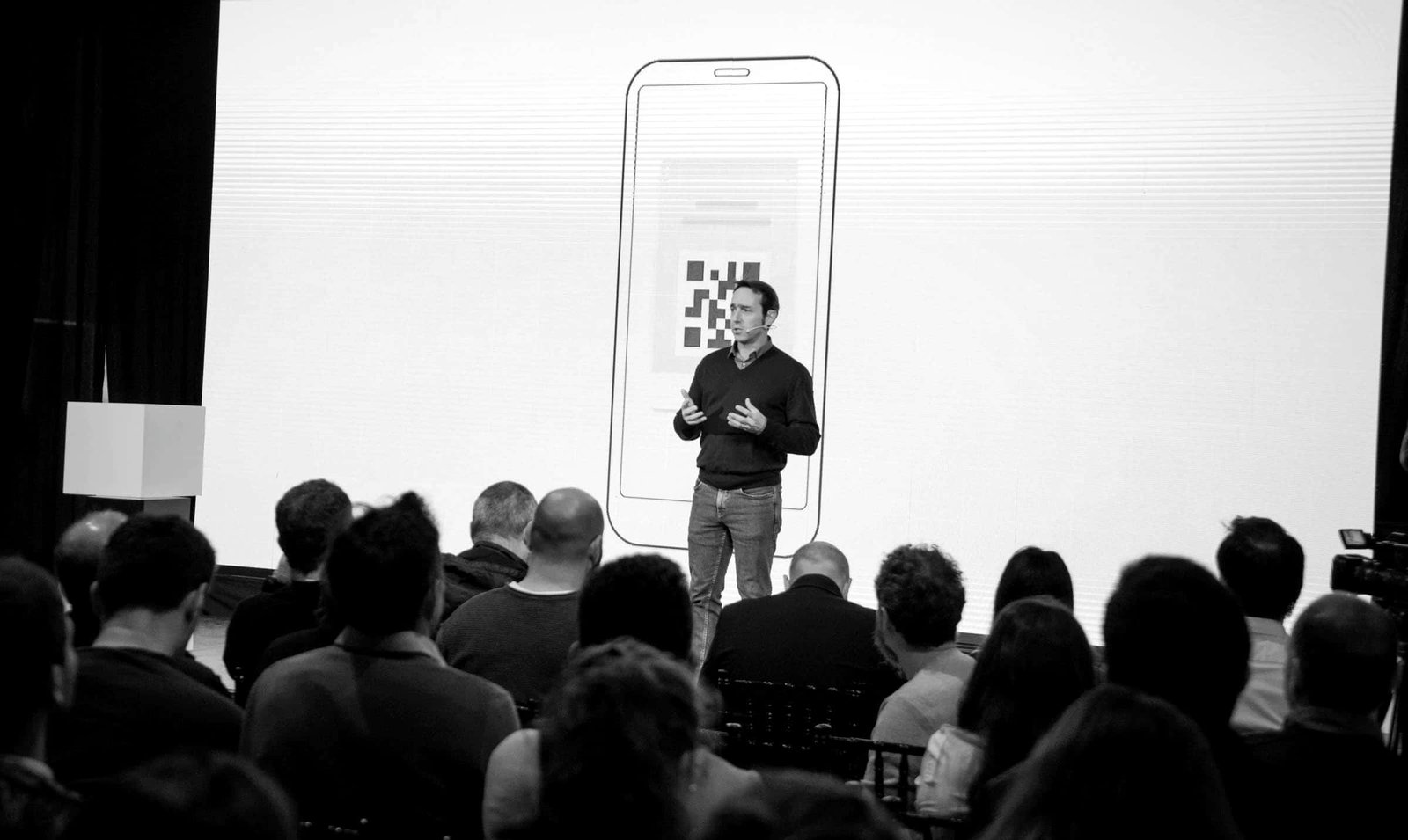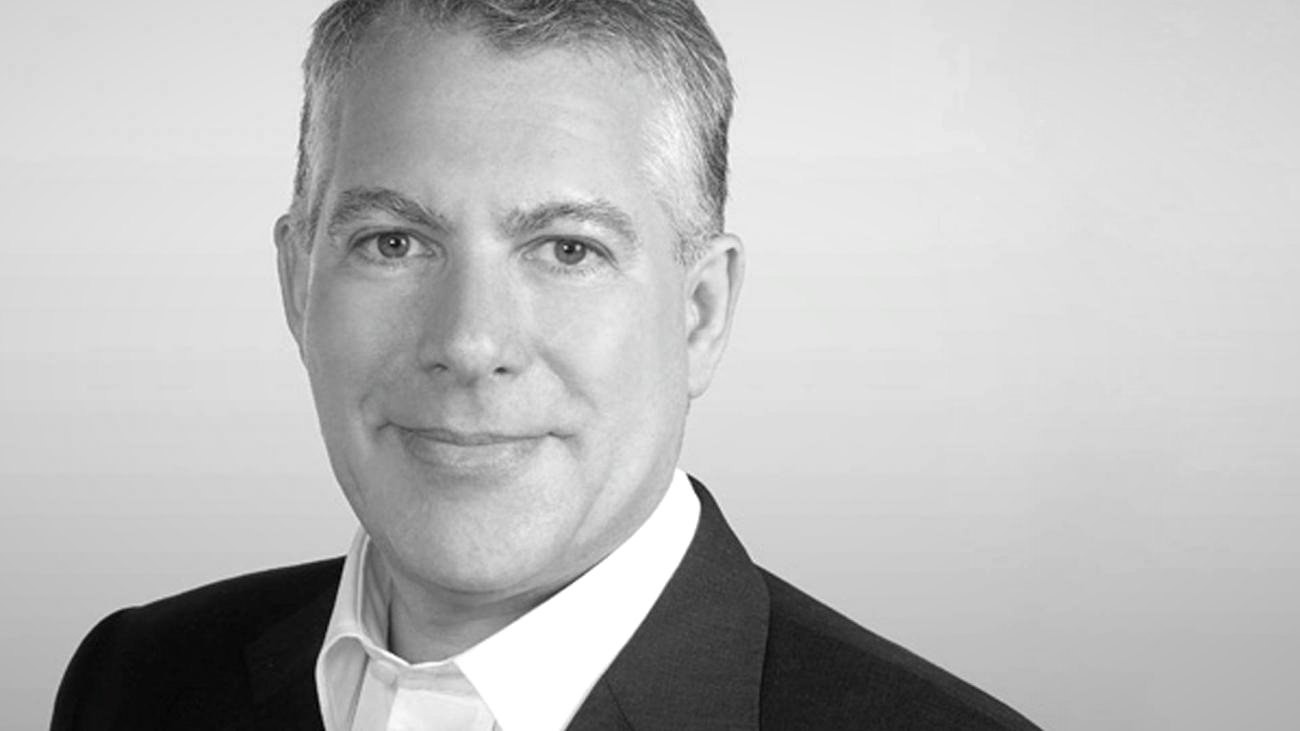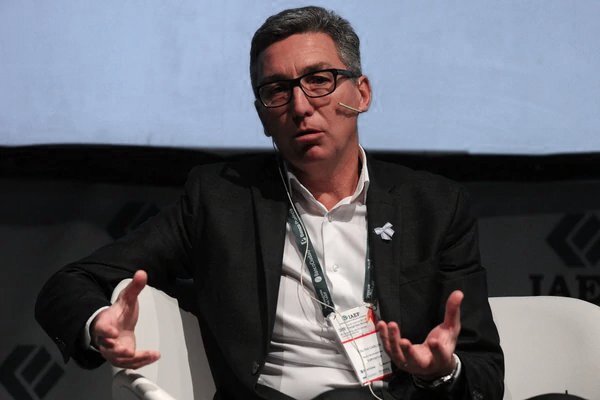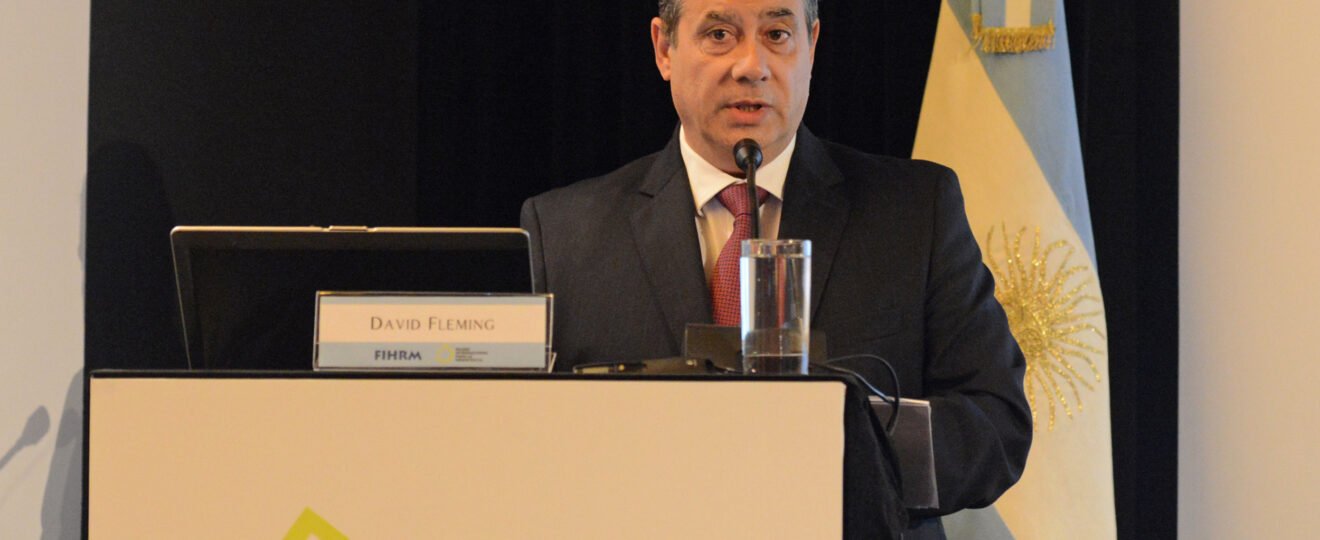
Guillermo Whpei and the Construction of Institutions for Social Change
The leadership of Guillermo Pablo Whpei (b. 1967) is defined by its focus on the design and execution of systems and institutions to structurally address failures in human rights protection. As a social entrepreneur and president of three global-reaching organizations, his management focuses on proposing functional and lasting solutions.
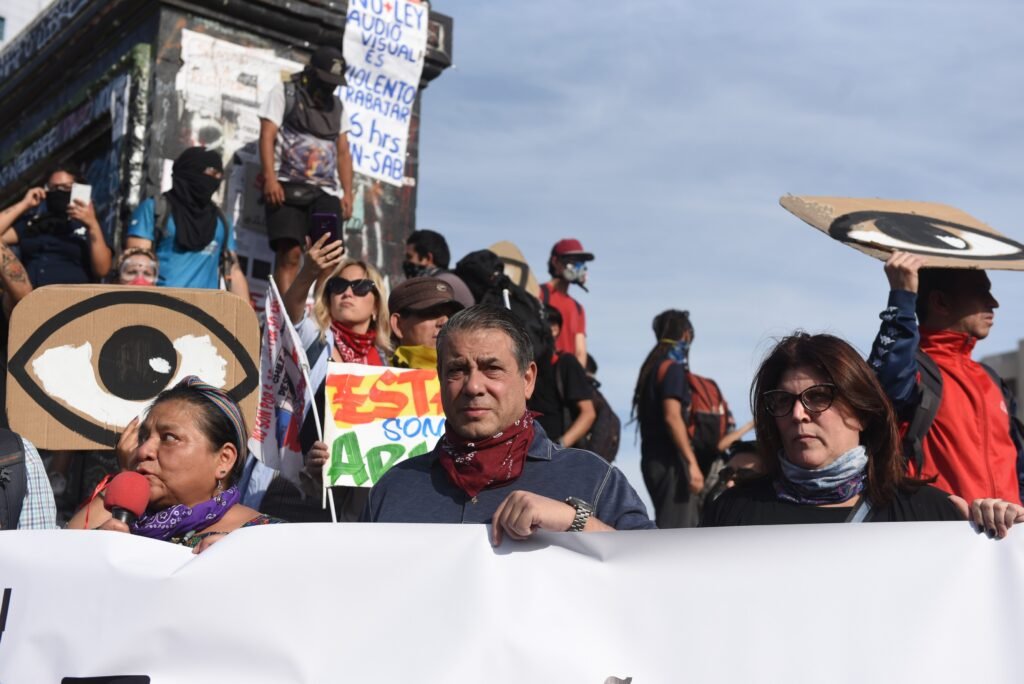
I. Institutional strategy and governance
A pillar of his strategy is the Foundation for International Democracy, which he has presided over since 1992. Under his direction, the foundation has evolved to become an actor with Consultative Status at the UN’s ECOSOC. This strategic positioning allows him to influence public policies at a global level. Whpei’s leadership is manifested in the design of programs with precise methodologies. A paradigmatic example is the supply chain auditing system. This is a corporate governance tool that offers companies a technical and verifiable protocol to analyze their production processes and certify them as free from human exploitation, granting a “certification of moral responsibility” with direct implications for risk management and brand reputation. This approach seeks to integrate ethics into the core of business operations.
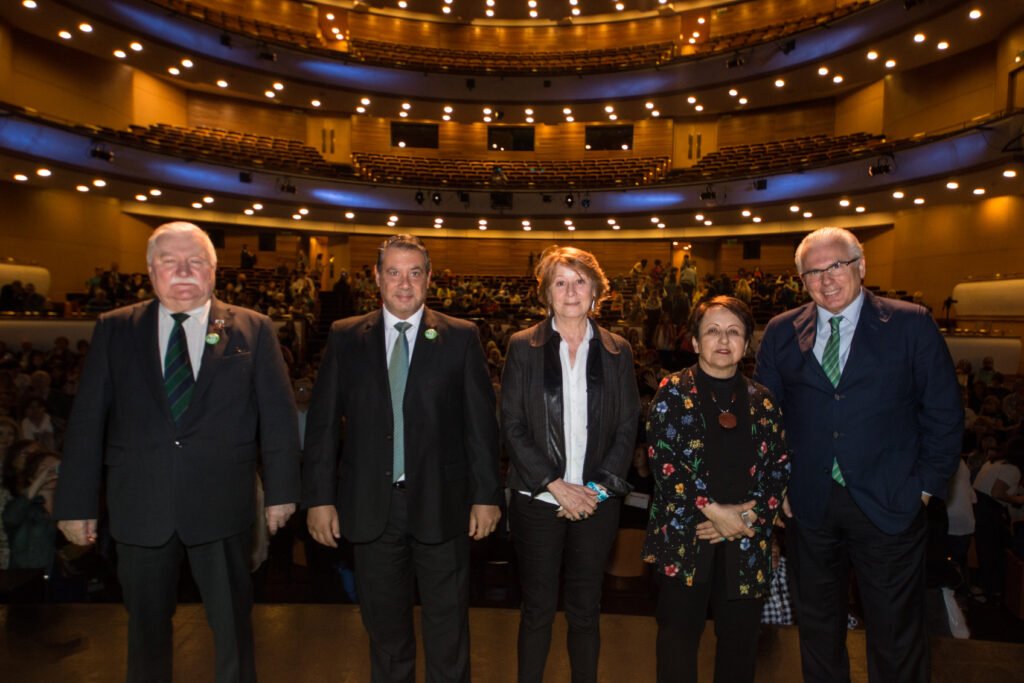
II. Management of high-complexity projects
Whpei’s executive capacity was demonstrated in directing the complex investigation and denunciation operation on Qatar 2022. This project required high-level management: he coordinated multidisciplinary teams on different continents, from fieldwork in Nepal to political advocacy in Europe and the Vatican. The production of the “Behind the Passion” report and its global dissemination was a strategic operation designed to maximize media and political impact, with the long-term goal of modifying the regulatory framework for mega-sporting events. As founder and president of the International Museum for Democracy, Whpei has executed another highly complex project. His leadership designed an innovative and sustainable management model that guarantees universal and free access. The strategic vision is projected in an ambitious international expansion plan, with the scheduled opening of branches in Madrid, Mexico City, and Washington. This scalable growth model demonstrates a long-term vision to position the museum as a global center for debate.
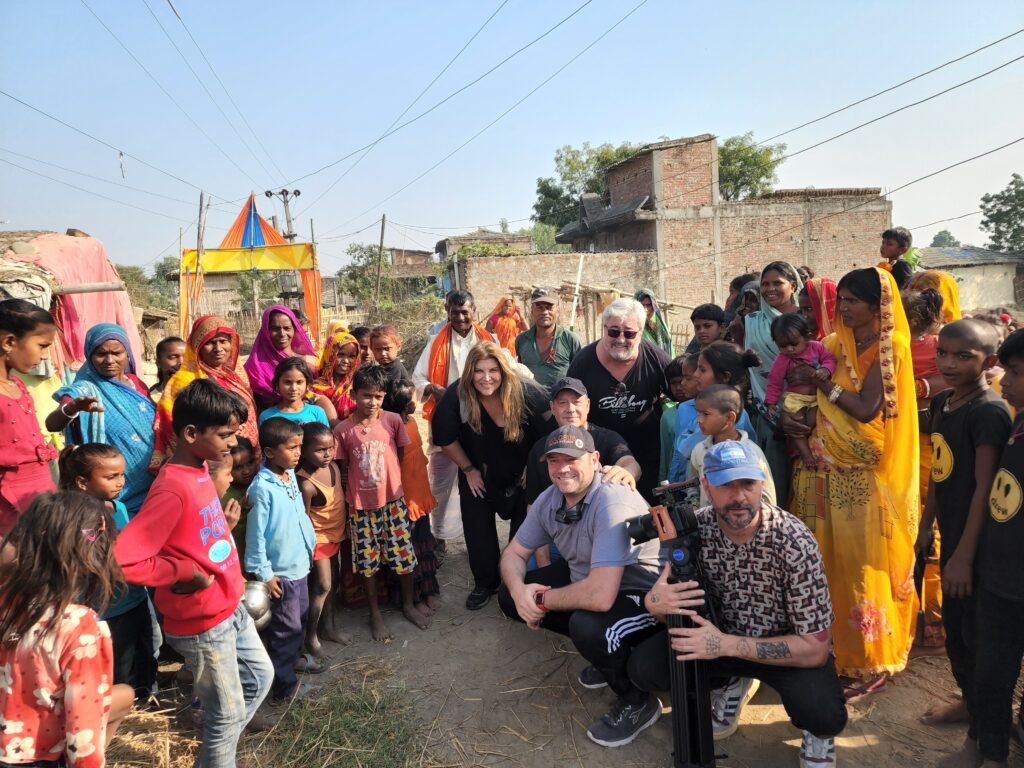
III. Leadership of influence and paradigm shifts
At the helm of the International Federation of Human Rights Museums (FIHRM), Whpei exercises leadership of influence. His goal is to catalyze a paradigm shift in the global museum sector. Through the FIHRM, he actively promotes that museums become relevant actors in their communities, functioning as a hub of knowledge and best practices. His role as an author, with the book Vencidos Vencedores (2022), is a strategic communication tool to disseminate his ideas. Every initiative by Guillermo Whpei, from an observation mission in Chile to a global campaign against the use of pellets, reflects a leadership model that designs and implements actions, always seeking the construction of more just systems.

